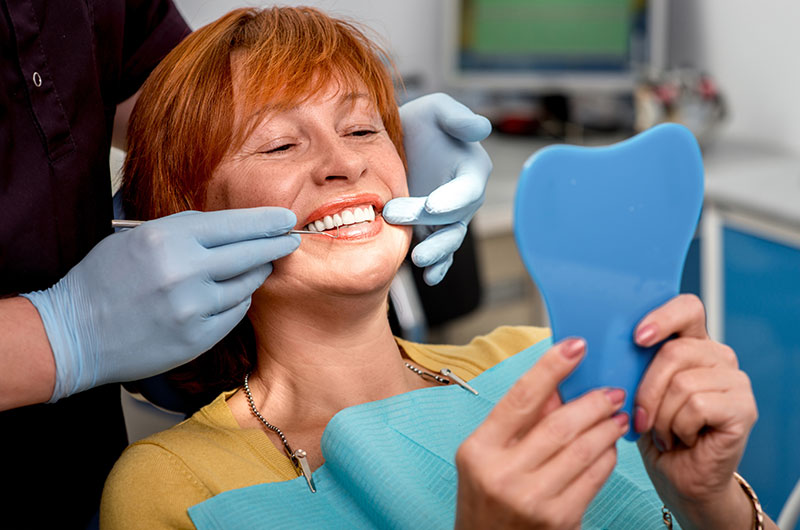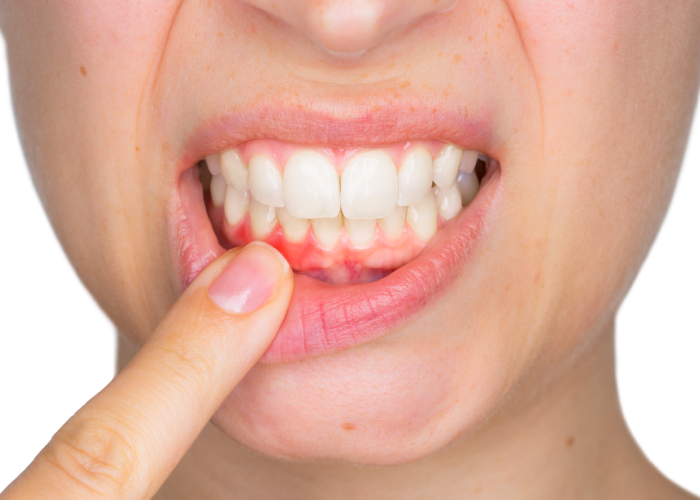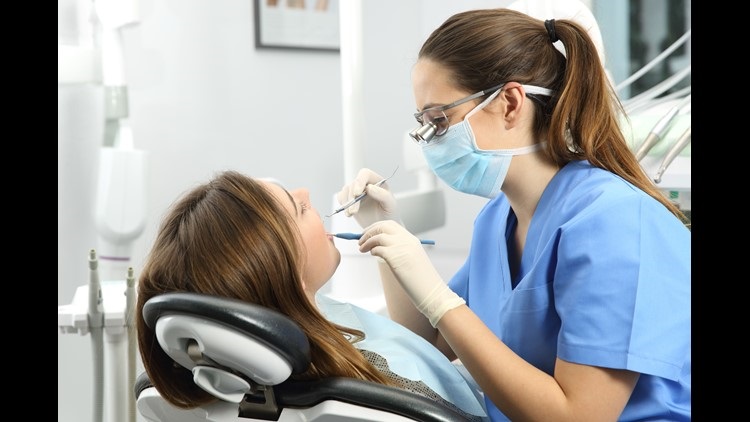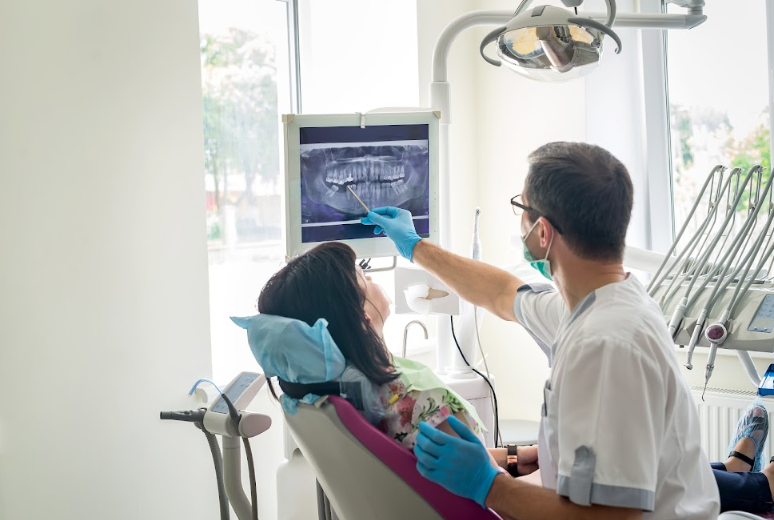Are Dental Implants Suitable for Everyone?

Dental implants are a secure and permanent way to replace missing teeth. Many people prefer them to dentures. This is because the implant is fixed into the jaw.
The crown on top of the implant replaces the missing tooth and will match your existing teeth. However, your dentist will need to make sure that you are a suitable candidate for dental implants.
Key takeaways:
- There must be sufficient bone in the jaw in order for the implant to be successfully inserted.
- Any other cavities, decay or gum disease should be treated prior to having dental implants.
- Smokers should quit or refrain from smoking or using tobacco.
An experienced dentist can assess your smile and check if dental implants are the best solution to replace one or more of your missing teeth. If you would like more information about dental implants, talk to your dentist today.
More:
https://yourdentalhealthresource.com/are-you-a-good-candidate-for-dental-implants/













